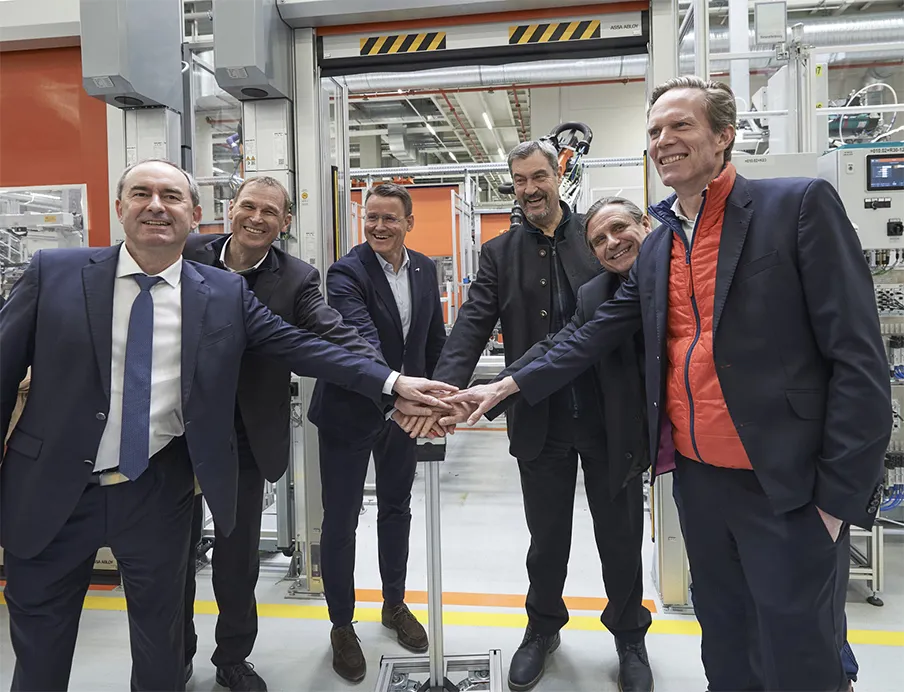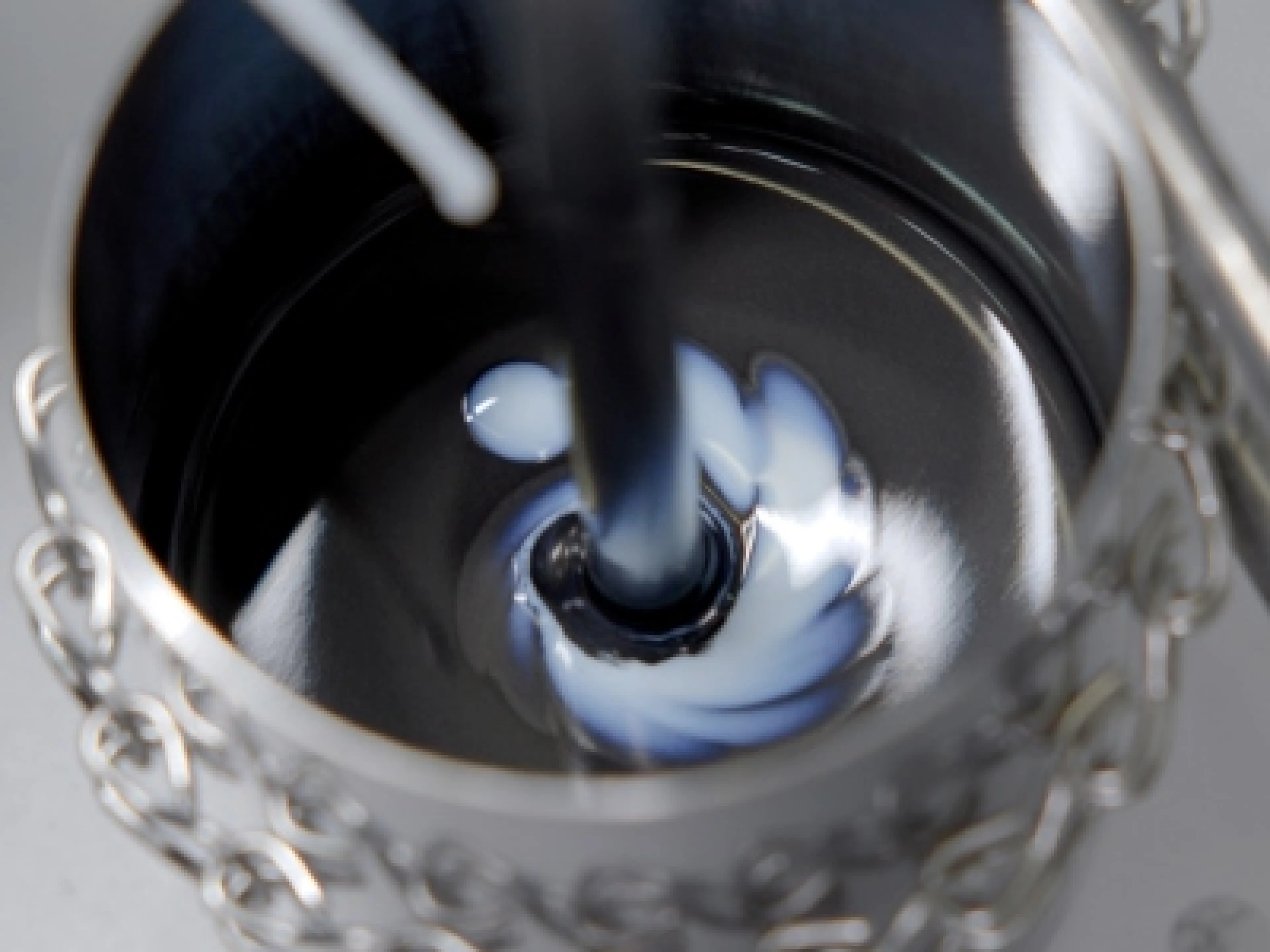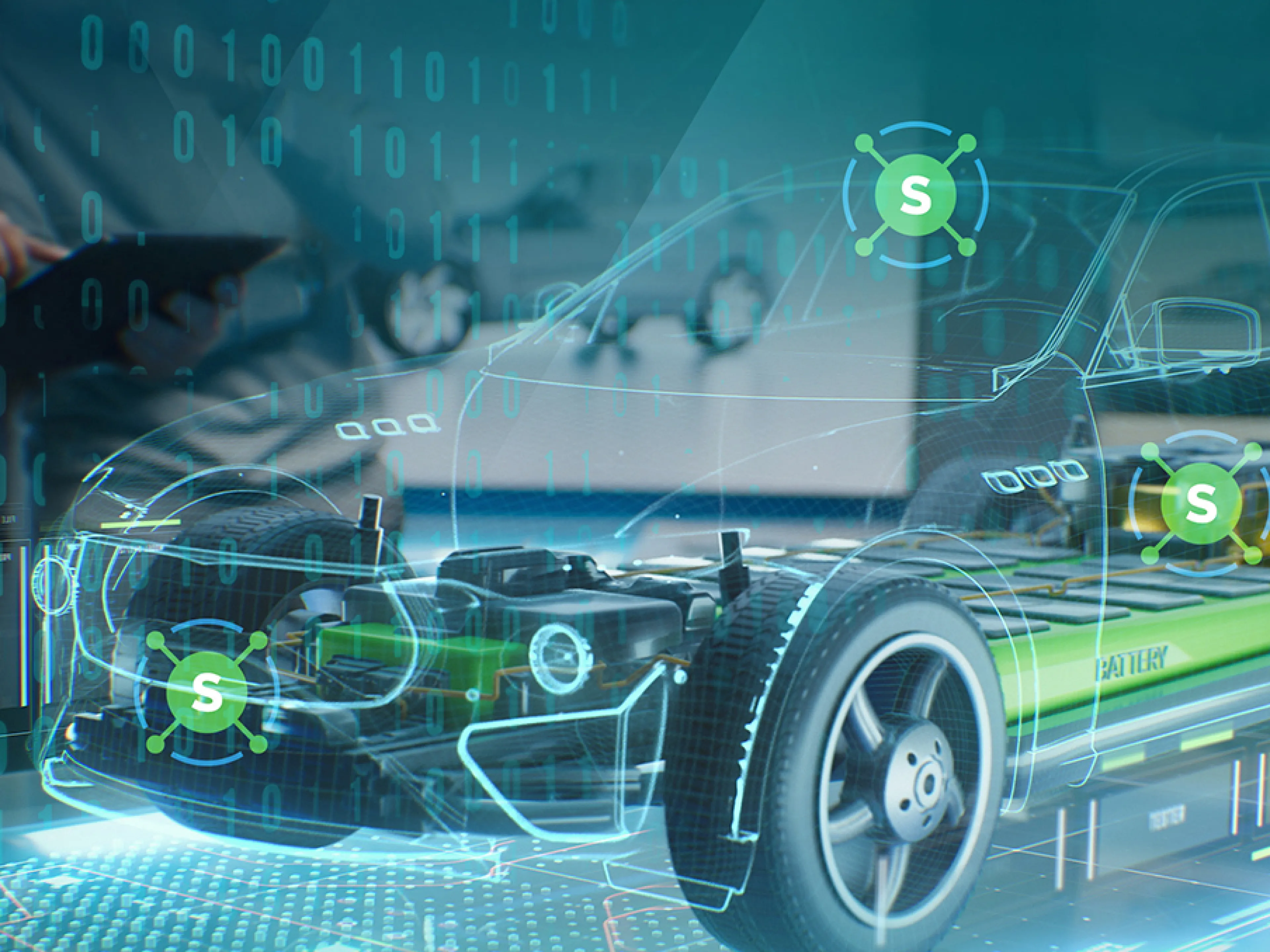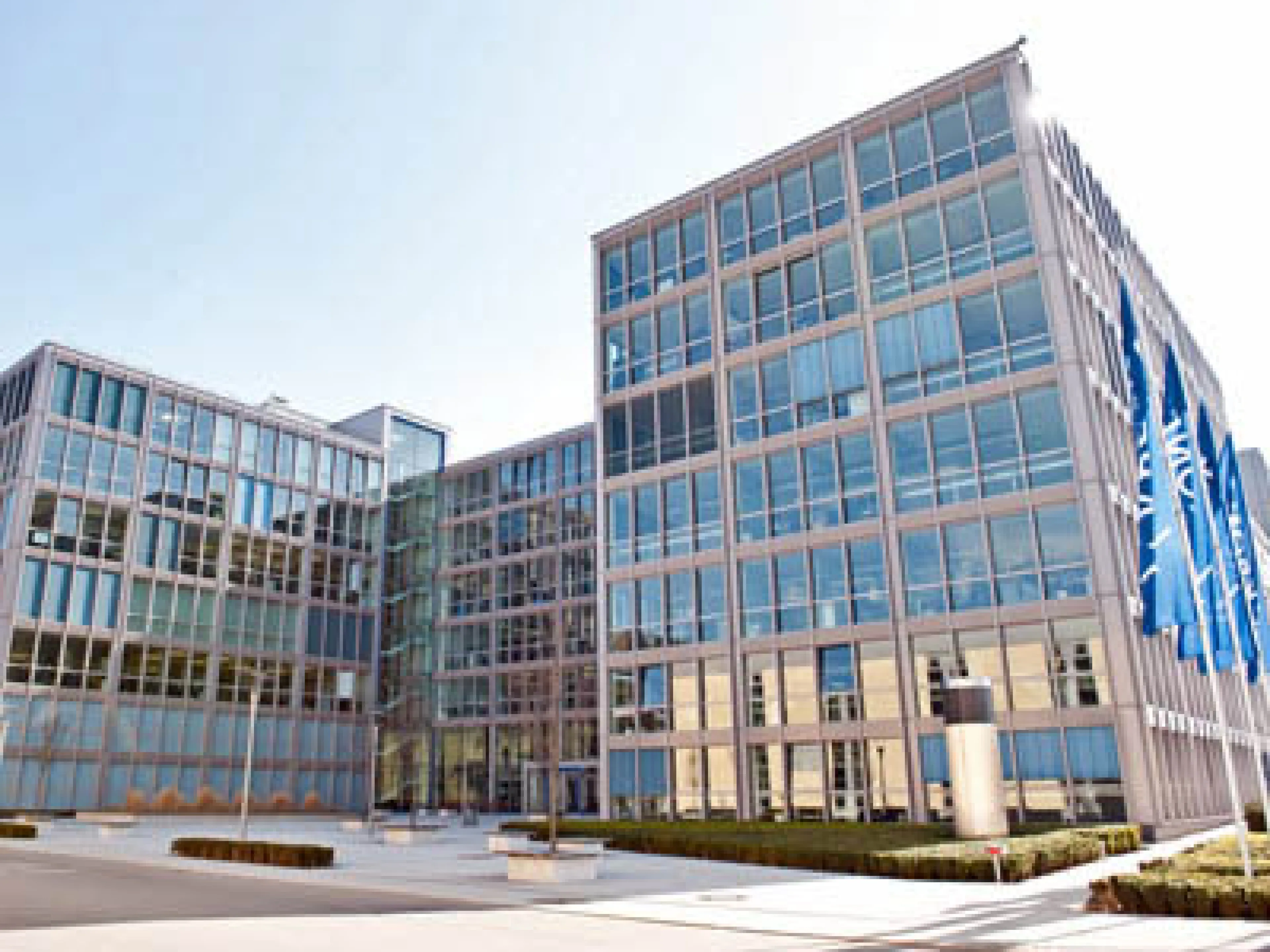
MAN Truck & Bus officially launched its battery production at the Nuremberg production site today in the presence of Bavarian Minister President Dr. Markus Söder and State Minister Hubert Aiwanger. During the event, the Munich-based commercial vehicle manufacturer announced the next expansion stage of its battery production in Nuremberg for the first time. In addition to the approximately €100 million already invested in the production facility that has now been launched, a further €150 million will be invested in the coming years to further develop expertise in the field of battery technology and increase the depth of added value. In concrete terms, this means, among other things, that in addition to the packs, which consist of several modules, the modules themselves, which combine several battery cells, will also be produced in Nuremberg for the next battery generation.
MAN creates 400 sustainable jobs in battery sector at Nuremberg site
Of the announced additional investments totaling around €150 million, around €18 million will be subsidized. Both the Federal Ministry of Economics and Climate Protection and the Free State of Bavaria are providing the funding. In addition, Bavaria is funding the further development of and research into battery technology at the MAN site in Nuremberg with around €30 million. These funds will be used for research in areas such as battery assembly, cell chemistry and ageing as well as battery safety. Overall, the investments in Nuremberg will secure around 400 jobs in a technology of the future and further advance the transformation of the site. The employees working in battery production were previously employed in the areas of engine assembly, foundry or logistics and were able to open up a new, future-proof field of work for themselves thanks to retraining.
“Today is a historic day for MAN. With the start of battery production, the company that invented the diesel engine is entering a new era. We are very proud of what we have created here in Nuremberg and what will continue to be created. Today we announced another milestone in the transformation towards climate-friendly drives: MAN will invest a further €150 million in the expansion of battery production for future battery generations in Nuremberg. We have also recently stepped up our efforts in the further development of state-of-the-art diesel technology. This brings the total investment in Nuremberg to half a billion euros. This is a clear commitment to Bavaria and Germany as a center of innovation,” says MAN CEO Alexander Vlaskamp.
Official start of battery production in the presence of Bavarian Prime Minister
Minister President Dr. Markus Söder emphasized: “Electromobility made in Bavaria: this is a milestone for MAN and Bavaria as an industrial location! With a state-of-the-art site policy and great cooperation between management, works council, employees and politicians, MAN has successfully transformed itself from a former site for pure diesel engines into a state-of-the-art battery production site for electric trucks. This strengthens the location, secures and creates jobs and international competitiveness. Bavaria is and will remain an automotive state - also in the commercial vehicle sector. Following initial funding of €30 million in 2022 for research and development, the Free State is supporting the future production of battery modules with almost six million euros.”
The start of battery production is already the second new production line to be opened in Nuremberg this year. The production of the latest generation of MAN diesel engines, which are used in the new “D30 PowerLion” driveline, is also an investment in the future and secures many jobs at the site. MAN has invested around €250 million in this project. MAN currently assumes that almost half of the trucks in Europe and around 90 per cent of city buses will be delivered with zero-emission drive systems by 2030. The highly efficient, fuel-efficient “D30” engine will therefore still be needed well into the 2030s. Other engine platforms and series will also be available in MAN's external engine business in the long term.
MAN E-Truck production starts in June
At the MAN site in Nuremberg, battery packs are manufactured in three so-called form factors. A flat form factor is used in the MAN “Lion's City E”, the battery-electric city bus. Two other form factors are used in the “MAN eTGL”, “MAN eTGS” and “MAN eTGX eTrucks” with total weights of 12 to 50 tonnes. The start of series production of the MAN E-Trucks “eTGS” and “eTGX” in Munich is planned for June this year. In the current expansion stage, 50,000 battery packs can be produced per year in Nuremberg. However, the new M50 building is designed to be able to produce 100,000 units per year. Battery production will be scaled up depending on the demand for battery-electric vehicles.
Modular production of battery packs via AGVs
MAN uses NMC cell chemistry (‘nickel-manganese-cobalt’) in its batteries, which has been specially adapted to the operation of commercial vehicles. The battery management system (BMS) continuously monitors the condition of the cells during operation. If, for example, an unforeseen event occurs, it takes internal measures to ensure a safe state of charge. In the event of an accident, the BMS immediately disconnects the battery from the rest of the vehicle (high-voltage emergency shutdown). It also uses an intelligent heating and cooling system to keep the battery cells in an optimum temperature range at all times.
Modular production is a technological highlight in the large-scale production of battery packs that is now starting. This means that MAN works with a system without a conveyor belt and cycle that can handle different product variants and can be easily adapted to new variants. The decoupled stations can be operated and converted independently of each other, and the battery packs flow through the production system depending on individual requirements and condition. This is made possible by a high degree of digitalization and automation in the production flow and material provision, which is fully automated with intelligently networked automated guided vehicles (AGVs). This ensures the necessary flexibility and versatility as well as the economical production of different battery packs.









